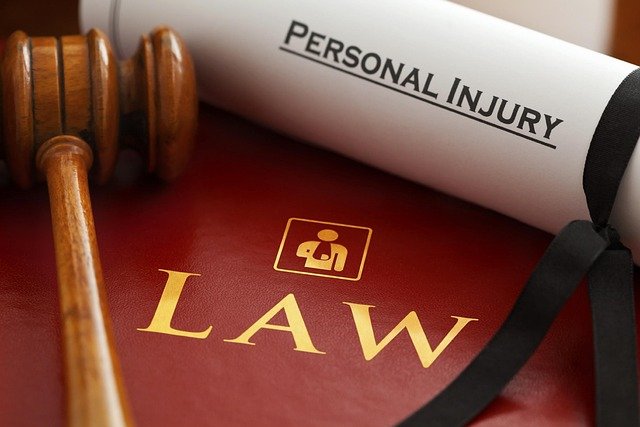Lawyer: Understanding Legal Help for Accidents and Injury
A lawyer provides legal advice, advocacy, and practical support when disputes or injuries arise. Whether you're involved in a car accident, facing an insurance dispute, or trying to recover after a serious injury, an attorney helps translate complex legal rules into a strategy tailored to your situation. Lawyers gather evidence, explain your legal options, communicate with insurers and opposing counsel, and—when needed—represent you in court. Knowing what a lawyer does and when to seek help can protect your rights, preserve important deadlines, and improve the chance of a fair outcome.

What does a lawyer do for a car accident case?
A lawyer handling a car accident case will typically start by collecting and preserving evidence: police reports, photos, witness statements, and medical records. They assess liability—who was at fault—and document damages, including property loss and medical expenses. An attorney can calculate current and future losses (wage loss, ongoing care) and present those figures to insurers or an opposing party. If negotiations stall, the lawyer can file a claim or lawsuit and manage pretrial and trial procedures. Their role is both legal adviser and practical problem-solver in pursuit of appropriate compensation.
When should you hire a lawyer after an injury?
You should consider hiring a lawyer soon after an injury when liability is disputed, injuries are significant, or an insurance company minimizes your claim. Prompt legal contact helps preserve evidence and witness accounts and ensures medical documentation supports your claim. If the injury has potential long-term consequences—chronic pain, surgery, or lost earning capacity—a lawyer can evaluate future damages. Even for less severe injuries, early legal review can clarify whether an insurance settlement is adequate or whether pursuing a claim is warranted.
How do lawyers handle legal claims and evidence?
Lawyers build a legal claim by assembling factual and medical evidence, obtaining expert opinions when necessary, and framing legal theories that support compensation for harm. They draft demand letters, prepare filings, and manage discovery: exchanging documents, deposing witnesses, and requesting information from insurers or opposing parties. Evidence must establish duty, breach, causation, and damages in many injury cases. Attorneys also quantify damages—medical bills, lost income, and non-economic losses like pain and suffering—to guide settlement negotiations or jury presentations.
How do lawyers work with insurance companies?
A lawyer’s interaction with insurance companies aims to protect a client’s rights while negotiating fair compensation. Attorneys communicate with adjusters, clarify policy limits, and counter lowball offers by presenting evidence and a reasoned damages calculation. They know common insurer tactics—requests for recorded statements, premature release forms, or pressure to accept fast settlements—and can advise when to refuse or seek higher offers. If an insurer acts in bad faith, an attorney can pursue additional remedies within applicable legal frameworks.
How to choose a local lawyer or legal service in your area?
Choosing a lawyer involves matching specialization and experience to your case type—car accident, personal injury, or insurance disputes. Look for attorneys who handle similar claims regularly, check client reviews and disciplinary records, and ask about trial experience, typical case outcomes, and fee arrangements. Many personal injury lawyers work on contingency (payment only if you recover), but confirm costs for litigation and possible out-of-pocket expenses. Use local services and referrals, meet for an initial consultation, and prepare questions about strategy, timeline, and expected communication.
Conclusion
A lawyer translates legal complexity into concrete steps after an accident or injury: identifying liability, gathering and presenting evidence, negotiating with insurance carriers, and pursuing claims in court when needed. Early legal guidance helps protect deadlines and the integrity of documentation, and a well-matched attorney can clarify realistic expectations about outcomes and processes. Whether your case is straightforward or contested, understanding the lawyer’s role and how they interact with insurers and the legal system improves your ability to make informed decisions.






